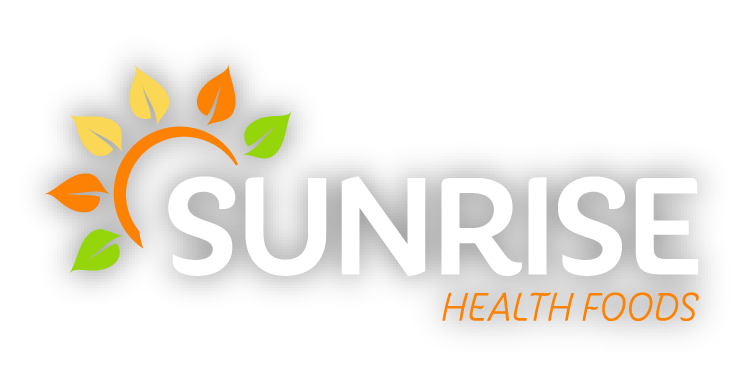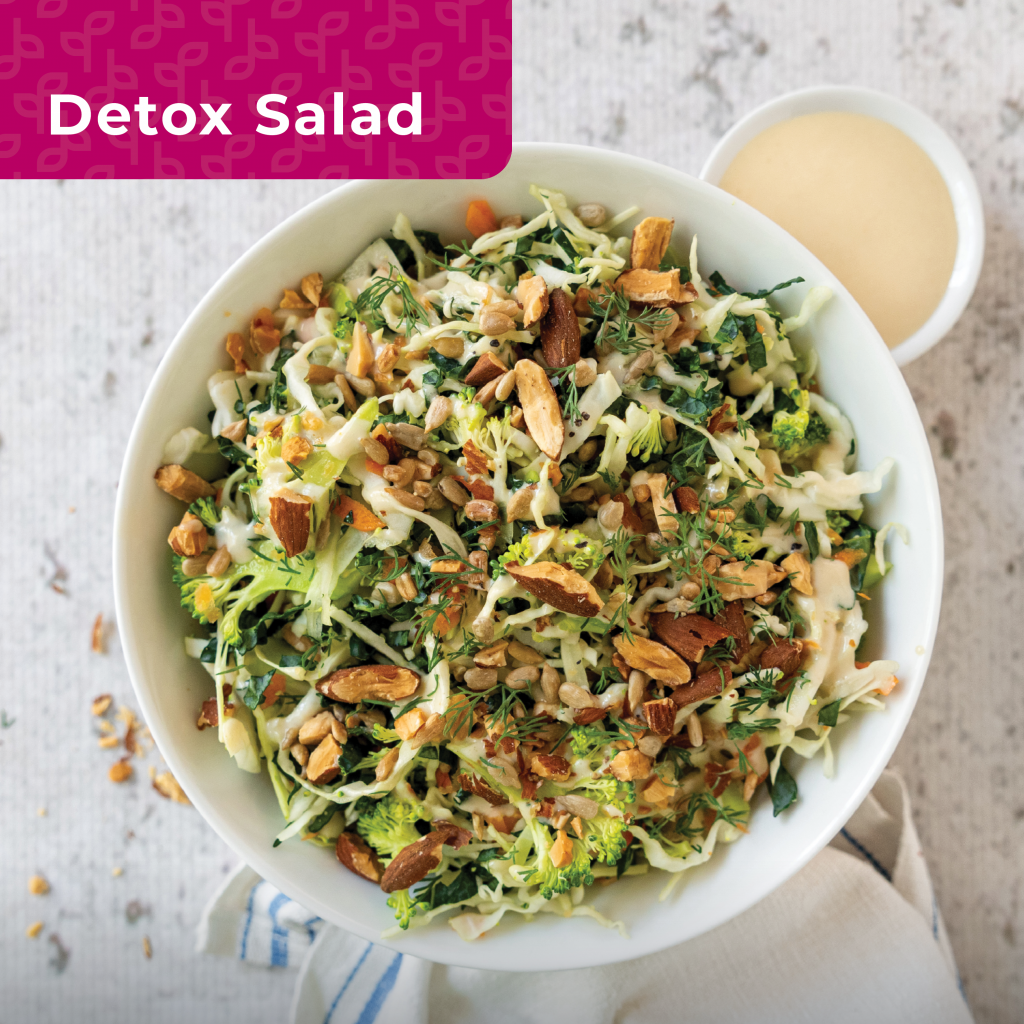
Collagen, the most abundant protein in your body, comes in a variety of types, each with its own unique role and benefits. Type 1 collagen, known as the “architect” of your skin, provides strength and elasticity, keeping your complexion smooth and supple.† Type 2 collagen, the “joint lubricator,” cushions your joints, enabling smooth and easy movements, while also supporting the health of your cartilage.† Meanwhile, type 3 collagen works alongside type 1, to help maintain the youthful resilience and plumpness of your skin.
Let’s explore collagen types 1, 2, and 3 in more detail and see how these unique proteins can help transform your beauty routine all while supporting your health and well-being.†
What Is Collagen?
Collagen is the main structural protein found in your body’s various connective tissues. It acts as the “glue” that provides structure, strength, and elasticity to your skin, bones, tendons, ligaments, and other connective tissues.
Composed of amino acids, collagen forms a triple-helix structure, creating a sturdy and flexible framework that supports and protects your body. Not only does it give your skin its smooth and youthful appearance but it also plays an important role in maintaining the health and integrity of your joints and muscles.†
As we age, the production of collagen naturally declines, leading to visible signs of aging and a loss of firmness. Additionally, as collagen levels decline, tissues may become less resilient, leading to joint stiffness and a decreased range of motion. Moreover, the loss of collagen can also impact muscle mass and strength, paving the way for decreased muscle function and weakness.
Thankfully, there are many ways to support collagen production as you age. For example, engaging in regular exercise and maintaining a balanced diet rich in collagen-boosting nutrients can help stimulate collagen production.
You may also consider collagen supplementation to provide your body with the necessary amino acids for collagen synthesis. Types 1 and 3 collagen supplements are particularly beneficial for skin health, while type 2 collagen supplements may help support joint health.†
Types of Collagen
There are many different types of collagen, however, the most common ones you’ll find in supplements are collagen types 1, 2 and 3.
Type 1 Collagen
Type 1 collagen is a robust protein and the most abundant form of collagen found in our bodies, accounting for about 90% of the collagen present. It serves as the primary building block of your skin, tendons, ligaments, bones, and teeth, providing them with strength, structure, and elasticity.
In the skin, type 1 collagen fibers form a dense network that gives it firmness, smoothness, and the ability to slow the skin’s aging process. Additionally, type 1 collagen contributes to the structural integrity and resilience of your tendons and ligaments, helping to support the functioning of your muscles and bones.†
Type 2 Collagen
Known as the “joint lubricator”, type 2 collagen is the main component of cartilage providing resilience, shock absorption, and lubrication for your joints. Additionally, type 2 collagen plays a key role in the formation and maintenance of chondrocytes, the specialized cells responsible for producing and maintaining cartilage.
Over time the production and quality of type 2 collagen can decline, leading to joint stiffness and diminished cartilage health. Therefore, supplementation of collagen, particularly with type 2, may help support joint health and mobility for active people.†
Type 3 Collagen
Type 3 collagen is a versatile and important protein found in various tissues throughout the body, including in your skin, blood vessels, and organs.
It often works alongside type 1 collagen, enhancing its properties and providing additional support. In the skin, type 3 collagen fibers are plentiful, particularly in the deeper layers known as the dermis. Much like type 1 collagen, type 3 collagen contributes to the elasticity and resilience of the skin, giving it a youthful and plump appearance.
Type 3 collagen is also found in blood vessels, where it provides structural support and helps maintain their integrity and strength. It also plays a role in the structure of internal organs, including your liver, lungs, and intestines.
Potential Health Benefits of Taking Collagen
The popularity of collagen supplements has surged in recent years, as people seek to harness its potential health benefits. Let’s explore the potential benefits of taking collagen and examine the scientific evidence supporting its use.
Improved skin appearance†
Collagen supplements are often taken to improve skin appearance as the protein contributes to your skin’s strength, firmness, and elasticity. Research suggests that collagen supplementation may help enhance your skin’s appearance by reducing wrinkles, increasing skin hydration, and improving overall skin tone.
May support strong nails and healthy hair†
Collagen may help support the strength and flexibility of your hair and nails. The main component of your hair is the protein keratin. However, the body makes keratin by using amino acids (the building blocks of protein) that can come from collagen. Emerging research suggests that collagen may be used in supplement form for hair loss prevention as well as for hair regrowth.
Collagen supplementation has also been associated with enhanced nail growth and reduced brittleness. One 2017 study investigated whether daily oral collagen supplementation alleviates the symptoms of brittle nails and improves nail growth rate. Researchers found that a daily intake of collagen helped to increase nail growth and also reduced the frequency of broken nails.
May support joint health and mobility†
Joint discomfort and stiffness are common issues, particularly as we age or engage in intense exercise. Collagen appears to play a role in maintaining healthy cartilage, the cushioning material between bones that helps prevent joint friction and damage.†
Several studies have indicated that collagen supplementation, particularly type 2, may help alleviate joint discomfort, improve flexibility, and support overall joint health.
Garden of Life offers various Grass-Fed or Wild Caught Collagen products to meet your specific needs. Both the chocolate flavored and unflavored collagen powders can be added to your favorite shake, smoothie, or baked good. The entire collagen product line is Non-GMO Tested and Certified, Keto Certified, Certified Paleo, and NSF Gluten Free. Whether it’s fortifying hair, skin, and nails† or supporting healthy joints and mobility† Garden of Life has the clean, convenient answer in its collagen powders.
If you’re wondering which collagen is right for you, read this handy Collagen Finder to help you understand the differences between the many different collagen supplements.
Can You Take Collagen Types 1, 2, and 3 Together?
Taking collagen supplements together is safe since there is no evidence to suggest that one type of collagen competes with another for absorption. In fact, combining collagen types 1, 2, and 3 together may offer a more comprehensive approach to supporting overall tissue health, joint function, and skin elasticity.
The Bottom Line
Collagen, the most abundant protein in your body, plays an important role in maintaining the structure, strength, and elasticity of various tissues and organs. Collagen types 1, 2, and 3 each play a unique role in your body and come with a host of health benefits.
While your body naturally produces collagen, its levels tend to decline with age, leading to various signs of aging and reduced joint mobility. Consequently, the popularity of collagen supplements has surged in recent years, as people seek to harness its potential health benefits to support youthful vitality and overall well-being.
Before incorporating collagen supplements into your routine, it is best to consult with your healthcare provider to ensure it is appropriate in meeting your unique needs.
†These statements have not been evaluated by the Food and Drug Administration. This product is not intended to diagnose, treat, cure or prevent any disease.
- by Emily Hirsch, MS, RD
Shared from https://www.gardenoflife.com/blog/what-are-the-differences-between-collagen-types-1-2-and-3
References:
-
Wang H. A Review of the Effects of Collagen Treatment in Clinical Studies. Polymers (Basel). 2021 Nov 9;13(22):3868. doi: 10.3390/polym13223868. PMID: 34833168; PMCID: PMC8620403.
-
Reilly DM, Lozano J. Skin collagen through the lifestages: importance for skin health and beauty. Plastic and Aesthetic Research. 2021; 8:2. http://dx.doi.org/10.20517/2347-9264.2020.153
-
Naomi R, Ridzuan PM, Bahari H. Current Insights into Collagen Type I. Polymers (Basel). 2021 Aug 9;13(16):2642. doi: 10.3390/polym13162642. PMID: 34451183; PMCID: PMC8399689.
-
Wu Z, Korntner SH, Mullen AM, Zeugolis DI. Collagen type II: From biosynthesis to advanced biomaterials for cartilage engineering. Biomater Biosyst. 2021 Nov 22;4:100030. doi: 10.1016/j.bbiosy.2021.100030. PMID: 36824570; PMCID: PMC9934443.
-
Al-Atif H. Collagen Supplements for Aging and Wrinkles: A Paradigm Shift in the Fields of Dermatology and Cosmetics. Dermatol Pract Concept. 2022 Jan 1;12(1):e2022018. doi: 10.5826/dpc.1201a18. PMID: 35223163; PMCID: PMC8824545.
-
Hwang SB, Park HJ, Lee BH. Hair-Growth-Promoting Effects of the Fish Collagen Peptide in Human Dermal Papilla Cells and C57BL/6 Mice Modulating Wnt/β-Catenin and BMP Signaling Pathways. Int J Mol Sci. 2022 Oct 7;23(19):11904. doi: 10.3390/ijms231911904. PMID: 36233206; PMCID: PMC9569759.
-
Martínez-Puig D, Costa-Larrión E, Rubio-Rodríguez N, Gálvez-Martín P. Collagen Supplementation for Joint Health: The Link between Composition and Scientific Knowledge. Nutrients. 2023 Mar 8;15(6):1332. doi: 10.3390/nu15061332. PMID: 36986062; PMCID: PMC10058045.



